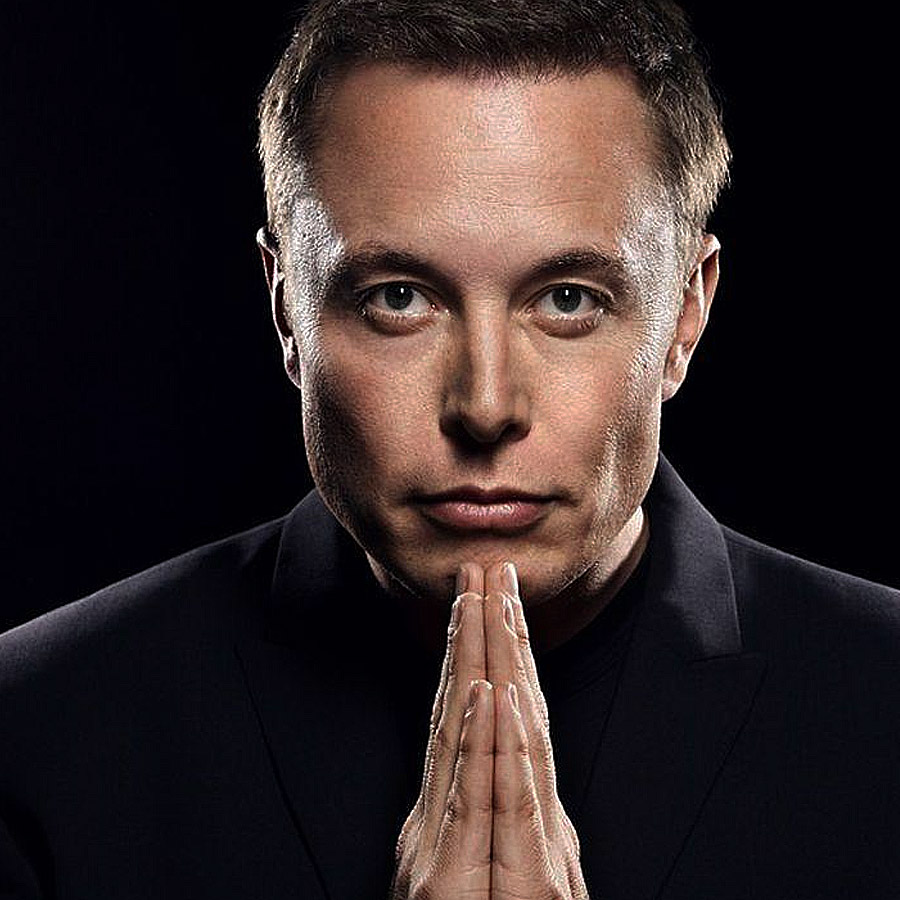Elon Musk is a name synonymous with innovation and ambitious projects. From creating PayPal to launching SpaceX and developing Tesla electric cars, Musk is constantly in the spotlight. But what lies behind his success? Is he a mad dreamer, a genius, or simply a talented engineer? In this article, we will attempt to uncover the psychological portrait of one of the most renowned entrepreneurs of our time.
Psychological Profile
Elon Musk is a personality that attracts attention not only for his achievements but also for his behavior. From a psychological perspective, his personality can be described as a combination of several key traits.
Incredible Determination
One of Musk's most noticeable traits is his determination. He sets seemingly insurmountable tasks for himself and finds ways to achieve them. This trait is often linked to a personality type known as the "intuitive-logical type." Such individuals tend to have ambitious goals and often possess unconventional thinking, allowing them to see opportunities where others see only obstacles.
High Creativity
Creativity is another crucial trait of Elon Musk. He is capable of generating ideas that seem futuristic or even unrealistic at first glance. In psychology, this is related to openness to new experiences and the ability to think outside the box. Musk is not afraid of experimentation and is willing to take risks to achieve his goals.
Impulsivity and Risk-Taking Behavior
Musk is also known for his impulsivity. He often makes decisions based on emotions, which can lead to unexpected outcomes. This behavior may be related to high levels of emotional activity and a low tolerance for uncertainty. While this can foster innovation, it can also lead to unpredictable consequences.
Desire for Control
Elon Musk has a strong desire to control every aspect of his projects. This desire for control may stem from his pursuit of perfection and fear that others may not meet his expectations. In psychology, this could be related to high levels of perfectionism and difficulty delegating tasks.
Innovative Approach
Musk has a unique ability to innovate, which is linked to his advanced cognitive functions. He is not afraid to set seemingly impossible goals. This ability to combine scientific understanding with entrepreneurial spirit allows him to create breakthrough technologies and business models.
Focus on Long-Term Goals
Musk is known for his focus on long-term objectives. He is willing to sacrifice short-term gains to achieve ambitious goals in the future. This requires not only financial resources but also psychological resilience, as constantly working towards a distant goal can be exhausting.
Flexibility and Adaptability
Musk's ability to adapt to changing conditions and quickly respond to problems is also a significant aspect of his success. Flexibility and adaptability are key characteristics that help him manage his projects effectively in uncertain conditions.
Social Relationships
It is interesting to note how Musk manages his social relationships. His management style and communication with employees can be perceived as demanding and strict. This may be due to his high expectations and desire for results. Psychologically, this can be explained as a combination of leadership qualities with a high level of demandingness.
Leadership and Motivation
Musk is a prime example of a leader who uses his ideas and enthusiasm to motivate those around him. He inspires his employees by creating a vision of the future that seems exciting and meaningful. This approach helps him attract and retain talented individuals in his team.
Emotional Ups and Downs
One of the challenges for Musk is managing his own emotions. His emotional ups and downs, reflected in public statements and behavior, may be related to the high levels of stress and pressure he faces. Psychologically, this could be related to attempts to cope with high levels of responsibility and expectations.


















